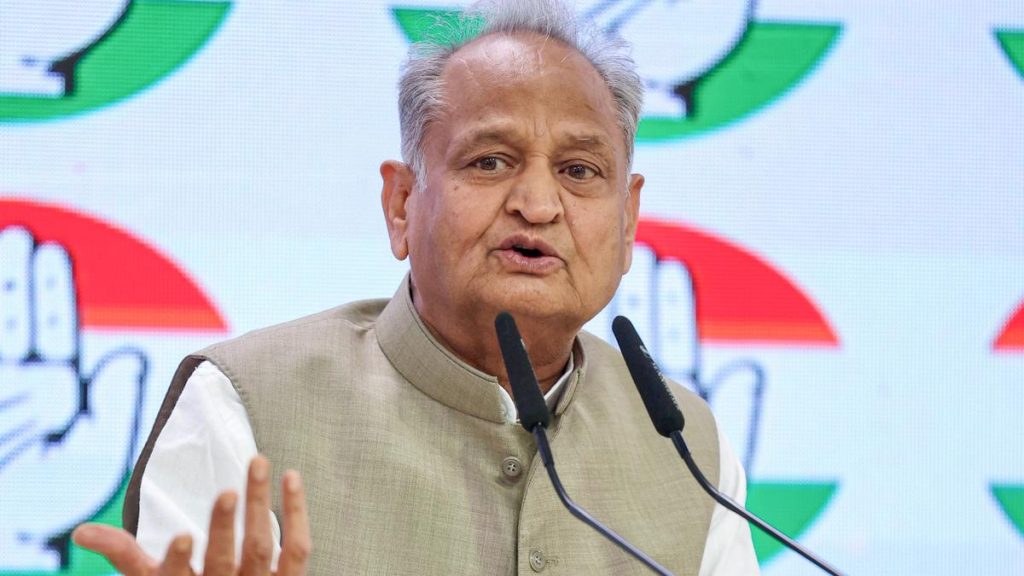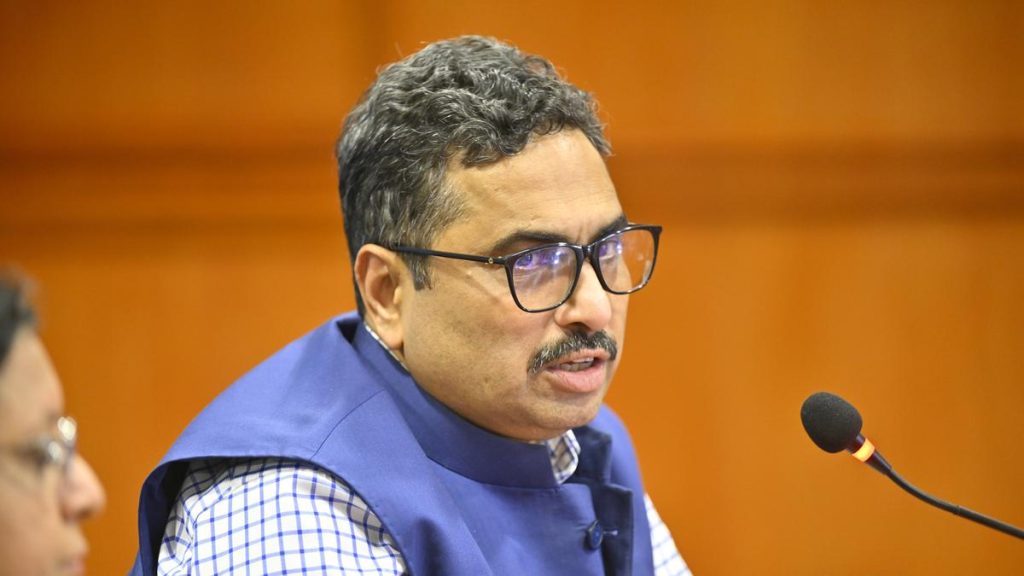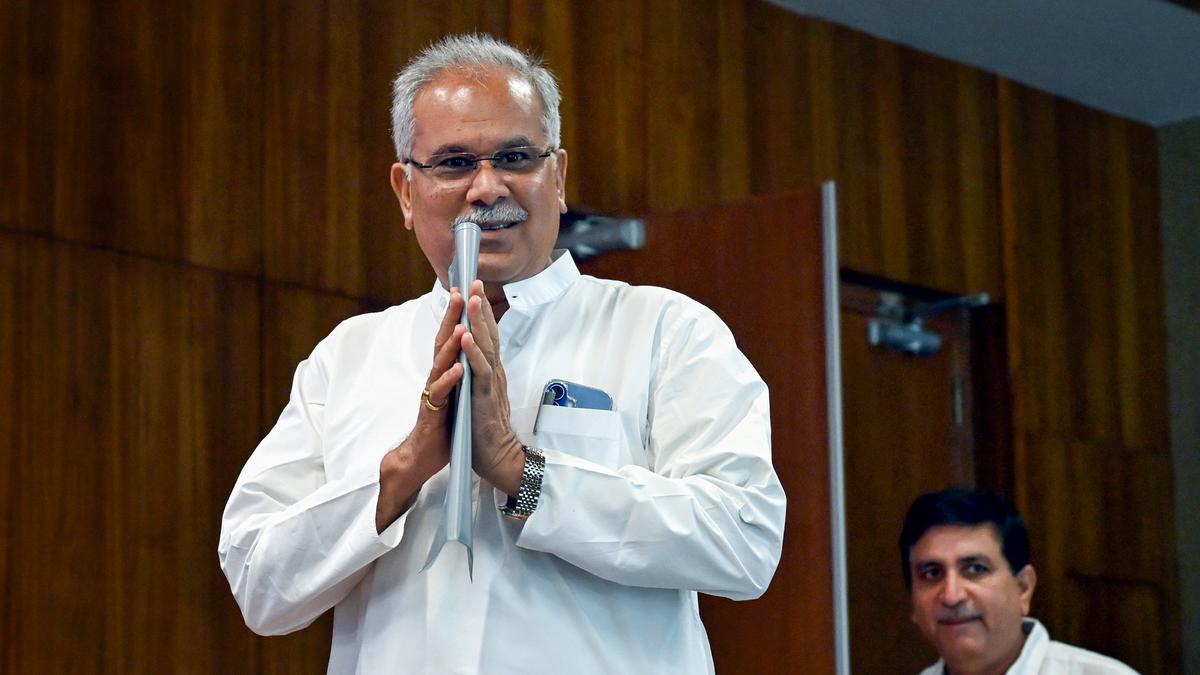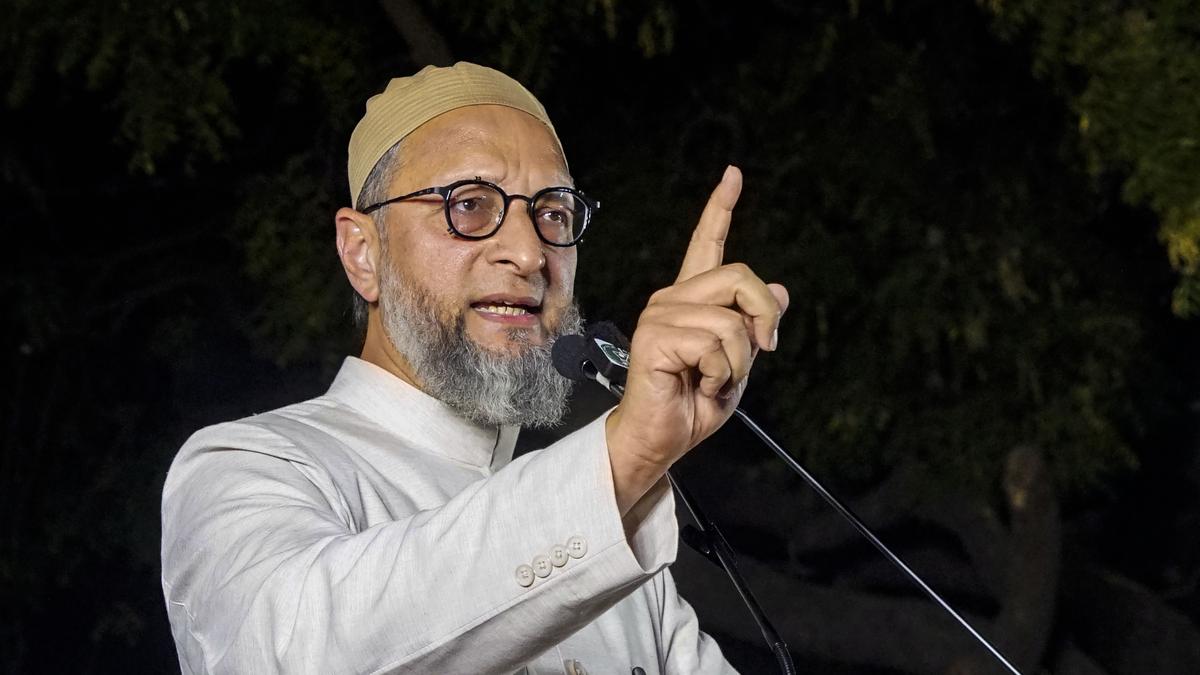Now Reading: Madras High Court: Caste Cannot Bar Temple Entry in Rule of Law Nation
-
01
Madras High Court: Caste Cannot Bar Temple Entry in Rule of Law Nation
Madras High Court: Caste Cannot Bar Temple Entry in Rule of Law Nation
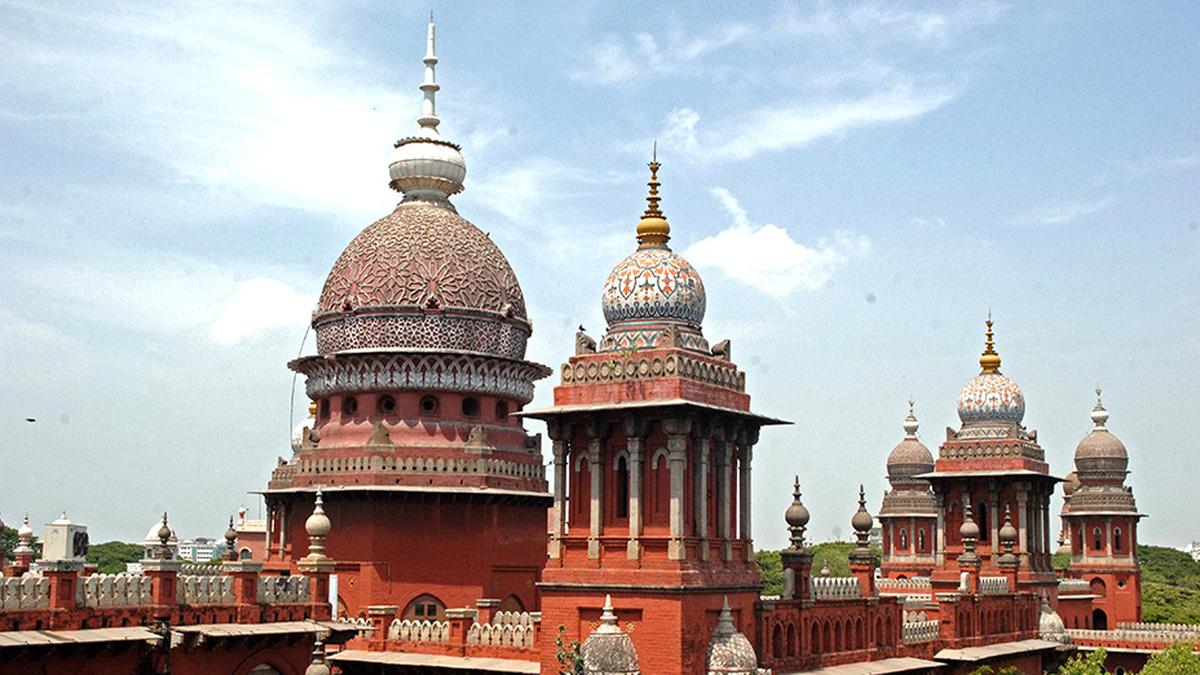
Quick Summary
- Judgment: The Madras High Court directed the ariyalur superintendent of Police to ensure Scheduled Caste (SC) individuals are not prevented from entering Puthukudi Ayyanar Temple in Udayarpalayam taluk.
- Directive: Justice N. Anand Venkatesh ordered authorities to guarantee temple access for all castes during worship and annual festivities,ensuring law and order.
- Legal Framework: The Tamil Nadu Temple Entry Authorization Act of 1947 ensures temple entry irrespective of caste, deeming caste-based restrictions actionable offenses subject to legal consequences.
- Petitioner’s Complaints: Petitioner A. Venkatesan alleged SC residents were denied access despite donating funds for temple construction. Statues installed by SC residents were reportedly removed or destroyed by another group identified as ‘Ezhu Vaigaiyara.’
- Background: Discrimination intensified since 2019, including SC devotees being forced to worship from outside a locked gate while officials hesitated over fears of escalating conflict.
Indian Opinion Analysis
The Madras High Court’s ruling reinforces India’s constitutional commitment to equality and underscores the importance of resolving societal disputes through legal channels rather than exclusionary practices. This judgment is notable for its invocation of the Tamil Nadu Temple Entry Authorization Act-a landmark legislation rooted in anti-caste movements-highlighting its relevance in contemporary issues.Although the petitioner points out local administrative complacency amid tensions ostensibly fueled by fear of law-and-order disruptions, this judgment places accountability firmly on public officials to actively uphold anti-discriminatory laws within their jurisdictions. Ensuring such interventions can serve as precedence against similar caste-related exclusions elsewhere in India.
Read more at: The Hindu



